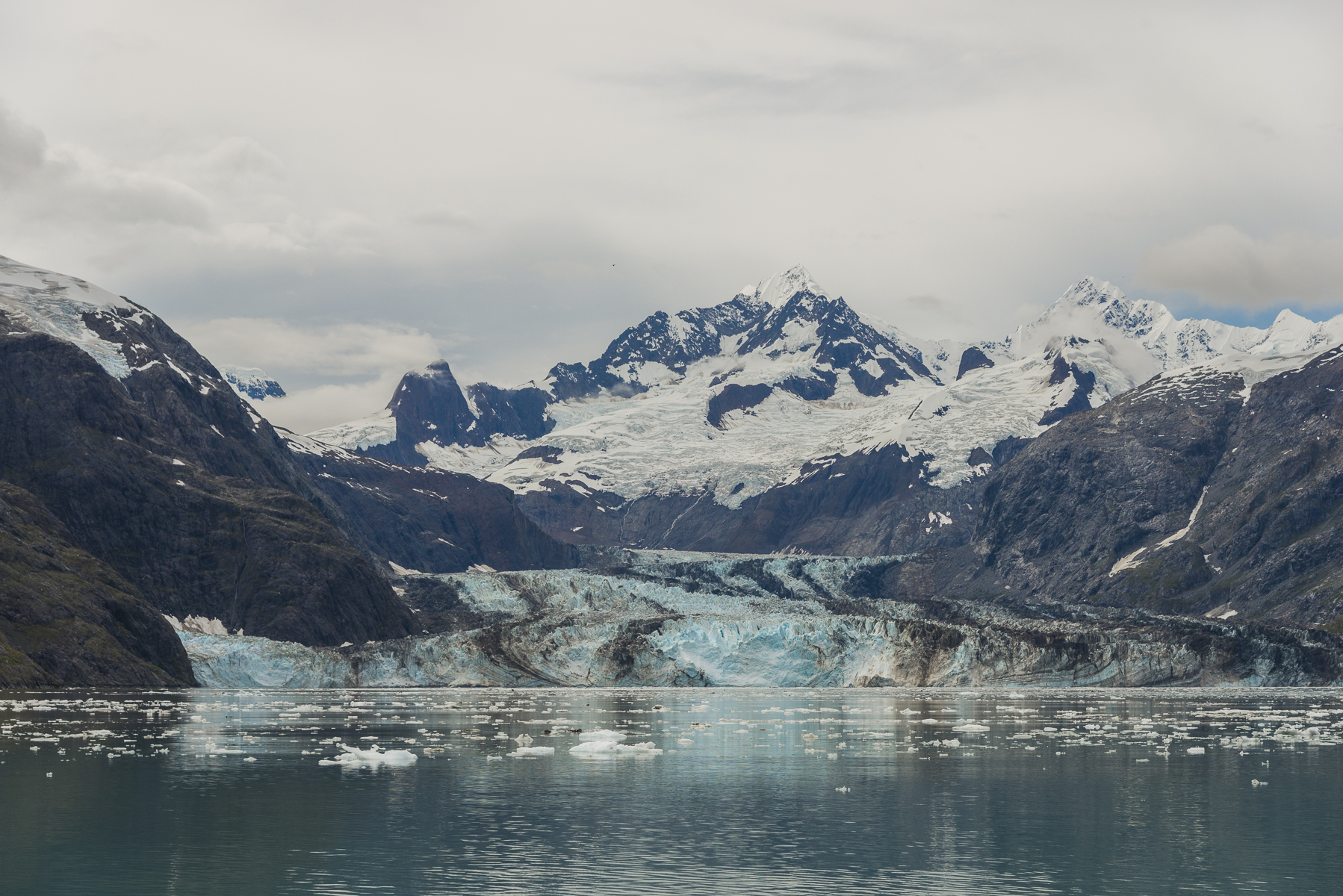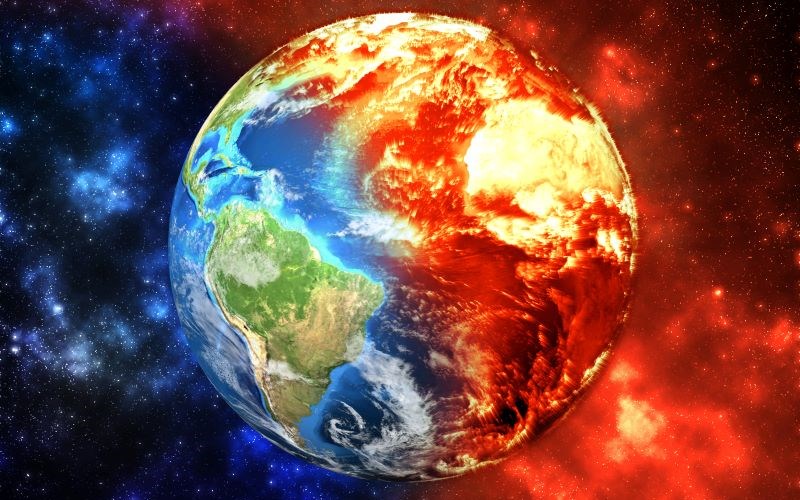A recent report from the United Nations Educational, Scientific and Cultural Organization (UNESCO), released in early June, presents detailed scientific data on the current state of the oceans, covering physical, chemical, ecological, and socioeconomic aspects. Despite only 25% of the ocean floor being mapped, it is evident that deep ocean zones are warming at an unprecedented rate.
#### "As the planet continues to warm each year, the ice in the polar caps melts, causing the formerly frozen water to enter the oceans and raise sea levels."
The United Nations Intergovernmental Panel on Climate Change (IPCC) forecasts an average sea level rise of just over one meter by 2100. However, scientists caution that if greenhouse gas emissions persist, sea levels could rise by two meters by 2100 and five meters by 2150.
NASA data from last year indicates that the ocean level has risen by an average of nine centimeters over the past 30 years. The UNESCO report emphasizes that this process is accelerating due to global warming, driven by the excessive emission of carbon dioxide and other greenhouse gases by human activities.
Furthermore, research from Climate Central, based on NASA data, suggests that several Brazilian cities could be submerged by 2100. These include Cabo Frio (RJ), Belém (PA), Ilha do Marajó (PA), Oiapoque (AP), Porto Alegre (RS), Santos (SP), Fortaleza (CE), and Pelotas (RS).
#### "Some countries face the threat of complete disappearance due to rising sea levels, such as Tuvalu in Oceania. This nation comprises nine small islands, and the homes of its 12,000 residents are being engulfed by the Pacific Ocean’s saltwater.”
The biologist offers a different viewpoint on the sinking of the islands: rising sea levels are diminishing the availability of fresh water, thereby damaging Tuvalu’s agriculture. Seawater intrusion into the soil reduces the amount of freshwater available, forcing residents to rely on rainwater for drinking and other daily needs.
One of the major issues with these regions disappearing is that the inhabitants will be rendered homeless and will need to find new places to live. According to the IPCC report, up to 72 million people may need to relocate from coastal areas due to rising sea levels. This is only one aspect of the migration crises driven by climate change. Other triggers for these migrations include droughts, food and water shortages, and climate-related disasters.
Scientific research underscores the necessity of coordinated global efforts to combat global warming and its effects on the oceans. This involves significantly reducing greenhouse gas emissions, developing sustainable technologies, and promoting responsible environmental practices.
Conserving marine ecosystems, restoring degraded areas, and implementing effective coastal management policies are essential for mitigating negative impacts and protecting vulnerable communities.


























0 Comments